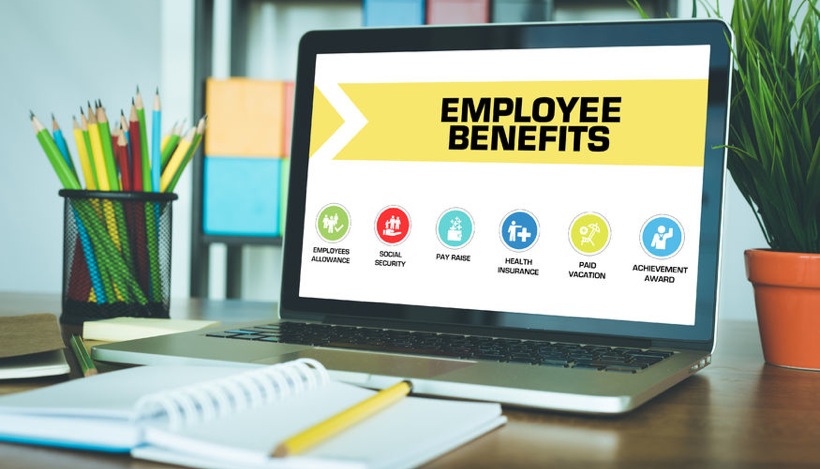Now is the best time to buy your small business a gift – computer software or hardware. Why? Because you might be able to take it as a deduction. And who doesn’t want to squeeze one more tax deduction in before December 31st?
We’ve got the small business tax advice you need on computer deductions from our accounting expert, Felecia Dixson.
Q. We at StartupNation.com wanted to ask you about an interesting factoid that we were reminded of lately: the tax deduction for computer-related purchases. Can you explain this to us, please?
A. For all new purchases of computer equipment, you can deduct up to $105,000 of the actual purchase price, under what’s called Section 179 of the IRS code, which has to do with equipment depreciation – as long as all of the equipment is purchased by December 31. This is for any business of any size.
Q. OK, but we also understand there are some catches.
A. Well, if you want to consider them that! Certainly one important qualifier for this deduction is that your company has to have net income for this tax year that is at least equal to the price of the computer stuff you buy – or, in other words, the size of your deduction is limited to the amount of your net income this year. If you only have $50,000 of net income for this year, for example, after all expenses and before Section 179 depreciation, you can take up to $50,000 in Section 179 expensing.
Q. Let’s say you’re going to buy the equipment no matter what. Do you have to decide by December 31 if you’re actually going to deduct the purchase price when you fill out your tax forms next year?
A. No. You can make the decision to ask for the deduction, or not, any time before you file your tax return.
Q. There are other considerations, too – correct?
A. Yes. For one thing, you have to decide – when you determine whether to take the deduction – if the previous year was an odd or exceptional year, or if your income will stay about the same, or if you think that your net income is going to continually increase over the next three to five years. That’s because of the overall provisions of Section 179.
Here’s the gist of it: If your income is going to continue to grow, you may not want to do Section 179 expensing [the computer-equipment deduction] because you have to consider the life of the equipment. Computer equipment generally depreciates over five years; if at the end of five years, you still have a payment on it, you no longer have depreciable value. You’re still making payments on something you can’t write off anymore. And if you take this computer-purchase deduction all in the first year of its use, you have nothing to write off in the second, third and fourth years. So, you can deduct part of that purchase price up to $105,000 for this year, and parts of it later.
The key when you get to this part of it is to talk with your tax advisor!
Q. And how is the purchase of software a part of this equation also?
A. Well, boxed software no longer has to depreciate. That’s the kind of software that a business owner would purchase at Best Buy or wherever – as distinguished from the specialty industry software that’s really expensive, like Oracle or PeopleSoft programs.
Anyway, even boxed software that you literally purchase off the shelf of a store used to be considered a capital asset, and it all had to be expensed or depreciated over time. But beginning for 2005, you can write off the entire purchase price of boxed software right away. That means you could go out right now and purchase, say, Microsoft’s Office Accounting package (a StartupNation sponsor) and have an immediate, complete deduction from 2005 taxes. The logic, of course, is that most software is already obsolete after a year. So that’s a good thing for business owners.
Q. OK, so now that you’ve dragged us into thinking about taxes before the holidays, Felecia, can you at least offer up another tax-related goodie or two?
A Sure! Maybe consider setting up what’s called a Self-Employed 401(k) program for your business, which is designed by federal regulation to help self-employed small-business owners. The good news there is that, although you need to set up the fund by December 31, you’ve actually got until April 15th to fund it and take the related deductions.
And one more: Consider taking bonus checks for you, out of your business, before the end of the year. This is known as “bonusing out” your income to help cover the tax liability on your personal returns. It’s getting money legitimately, in the form of a W-2 paycheck to the business owner, to cover the tax liability you’re going to owe for the current year.
But as always, of course, check with your tax advisor first!






